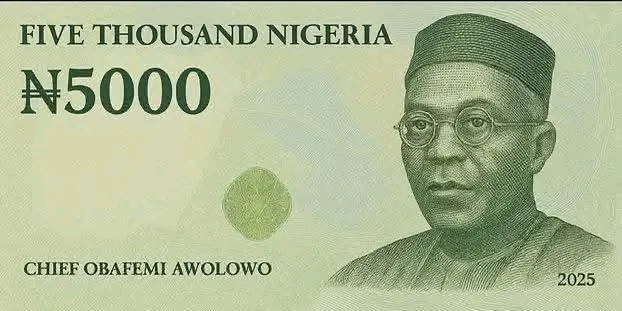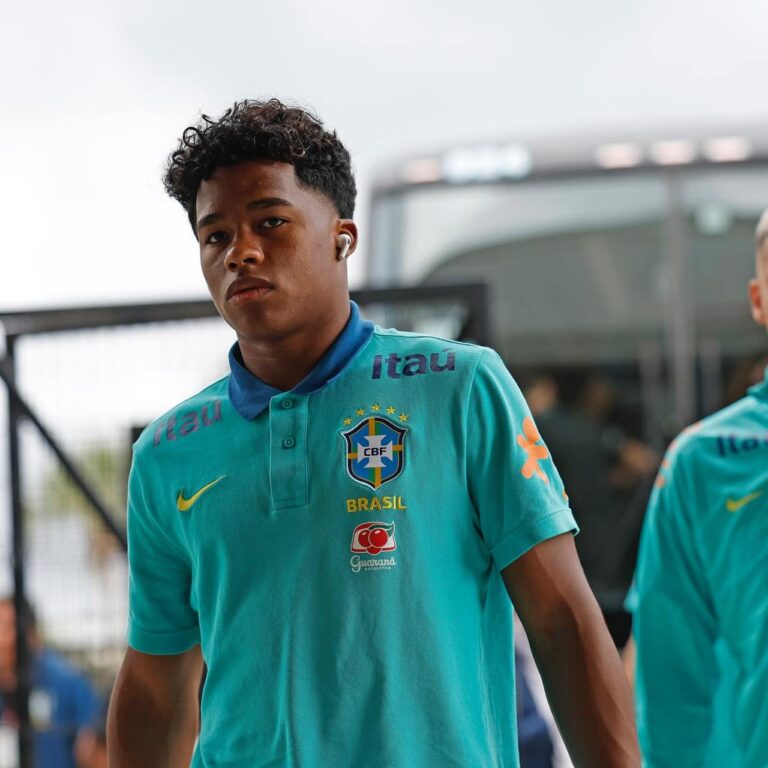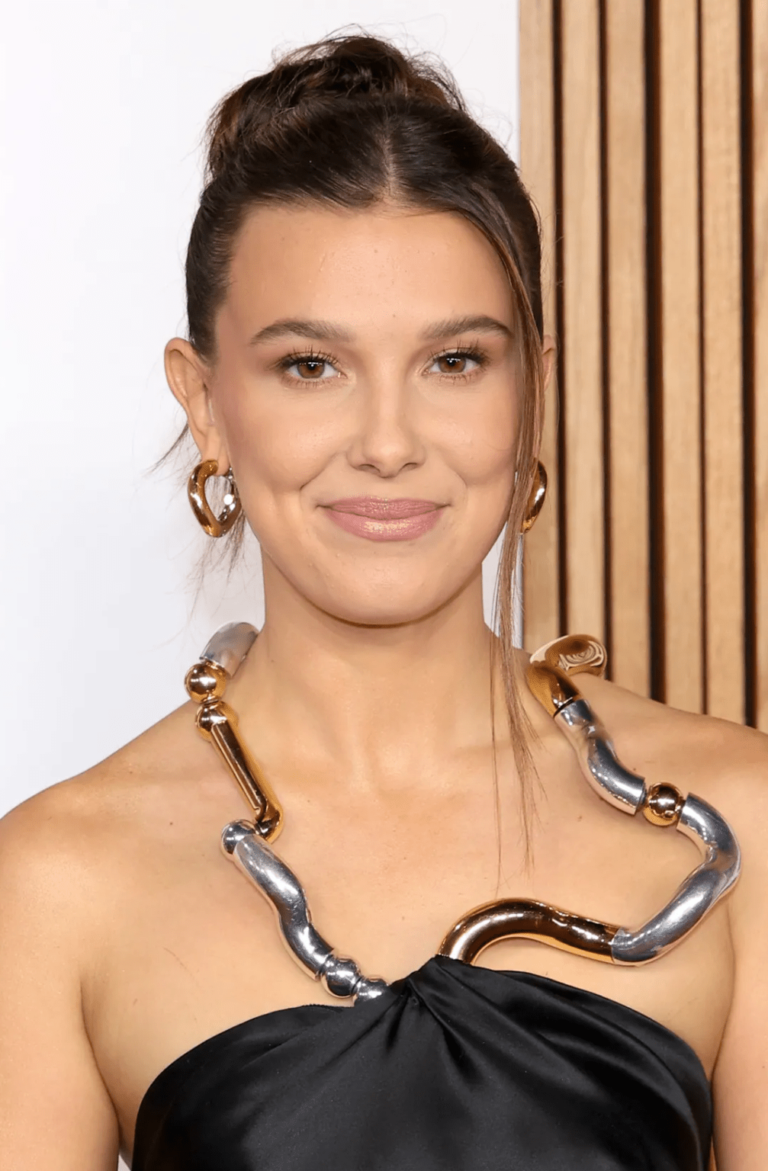
“Don’t Rant on TikTok!” – Peller & Jarvis Spark Outrage Over Viral ’30 Days Rant Challenge’ Comments
Breaking: Nigerian TikTok stars Peller and Jarvis have ignited a firestorm of controversy after publicly criticizing participants of the viral “30 Days Rant Challenge,” leading to massive backlash and a significant drop in their follower counts.
Introduction
Nigerian TikTok stars Peller and Jarvis have ignited a firestorm of controversy after publicly criticizing participants of the viral “30 Days Rant Challenge.” In a now-viral live session, Peller bluntly advised users:
His co-influencer, Jarvis, doubled down on the sentiment, declaring that she was financially stable despite Nigeria’s economic struggles and that influencers shouldn’t be blamed for societal issues.
The backlash was instant and severe—Peller reportedly lost hundreds of thousands of followers overnight, while critics accused both influencers of being tone-deaf and insensitive to the struggles of everyday Nigerians.

This incident has sparked a nationwide debate about:
- The role of influencers in social activism
- The ethics of viral challenges like the “30 Days Rant” trend
- Whether social media is the right space for political and economic grievances
- The consequences of controversial statements in the digital age
What Exactly Did Peller & Jarvis Say?
Peller’s Controversial Statement
During a live TikTok session, Peller made his now-infamous remark:
Many viewers interpreted this as elitist, suggesting that Peller was dismissing the real struggles of Nigerians who use social media as their only platform to voice grievances.
Jarvis’ Supportive Stance
Shortly after, Jarvis posted a video echoing Peller’s sentiment, saying:
Her comments further enraged followers, who accused her of being out of touch with the economic realities most Nigerians face.

The Backlash: How Nigerians Reacted
Massive Unfollow Wave
- Peller reportedly lost over 200,000 followers on TikTok and Instagram within 48 hours
- Jarvis also saw a significant drop in engagement, with many users boycotting her content
Viral Memes & Clapbacks
Nigerian social media users flooded Twitter (X) and TikTok with reactions:
- “Peller thinks TikTok is only for dancing while Nigeria is burning”
- “Jarvis forgot she became rich from the same broke Nigerians she’s mocking”

Defenders of Peller & Jarvis
Not everyone disagreed with them. Some argued:
- “TikTok is for fun, not constant negativity”
- “Influencers aren’t government officials—why blame them?”
The Bigger Debate: Should Social Media Be a Venting Space?
This controversy raises critical questions about digital activism:
The Rise of the “30 Days Rant Challenge”
The trend, where Nigerians post daily frustrations about inflation, unemployment, and bad governance, has become a cultural phenomenon. Many see it as therapeutic, while others argue it spreads unnecessary negativity.
Are Influencers Obligated to Engage in Social Issues?
Some believe influencers have a duty to amplify public concerns, given their massive platforms. Others argue they’re just entertainers, not activists.
The Double-Edged Sword of Viral Fame
Peller and Jarvis’ case shows how one wrong statement can lead to instant backlash—proving that in today’s digital world, every word matters.

Peller & Jarvis’ Damage Control Attempt
Facing intense criticism, the duo released a joint video with the caption:
This sarcastic remark further divided opinions—some saw it as self-awareness, while others called it another dismissive take.
FAQs (Frequently Asked Questions)
1. Why did Peller tell people not to rant on TikTok?
He argued that TikTok should remain an entertainment platform rather than a space for political and economic grievances.
2. How did Nigerians react to Peller and Jarvis’ comments?
Massive backlash—Peller lost over 200K followers, and both faced heavy criticism for being insensitive.
3. What is the “30 Days Rant Challenge”?
A viral trend where Nigerians post daily frustrations about Nigeria’s economic and political struggles.
4. Do influencers have a responsibility to discuss social issues?
Opinions are divided—some say yes, others believe they’re just content creators, not activists.
5. What’s next for Peller and Jarvis after this controversy?
They’ll likely rebrand carefully, but the incident has already impacted their public perception.
Conclusion: What This Means for Nigeria’s Digital Culture
The Peller & Jarvis rant controversy highlights a growing tension between social media entertainment and activism. Key takeaways:
- Social media remains a double-edged sword—what gains you fame can also destroy it in seconds.
- Influencers must tread carefully when discussing sensitive topics like poverty and governance.
- The “30 Days Rant Challenge” isn’t going away—it reflects real frustrations that many Nigerians feel.
- Accountability is the new currency—followers now demand more from influencers beyond just entertainment.
One thing is clear: in Nigeria’s digital space, every post, every comment, and every rant can spark a national debate.
Final Thought: Whether you agree with Peller and Jarvis or not, this debate proves one thing—social media is Nigeria’s new public square, and everyone, from influencers to everyday users, has a voice. The question is: How should that voice be used?






